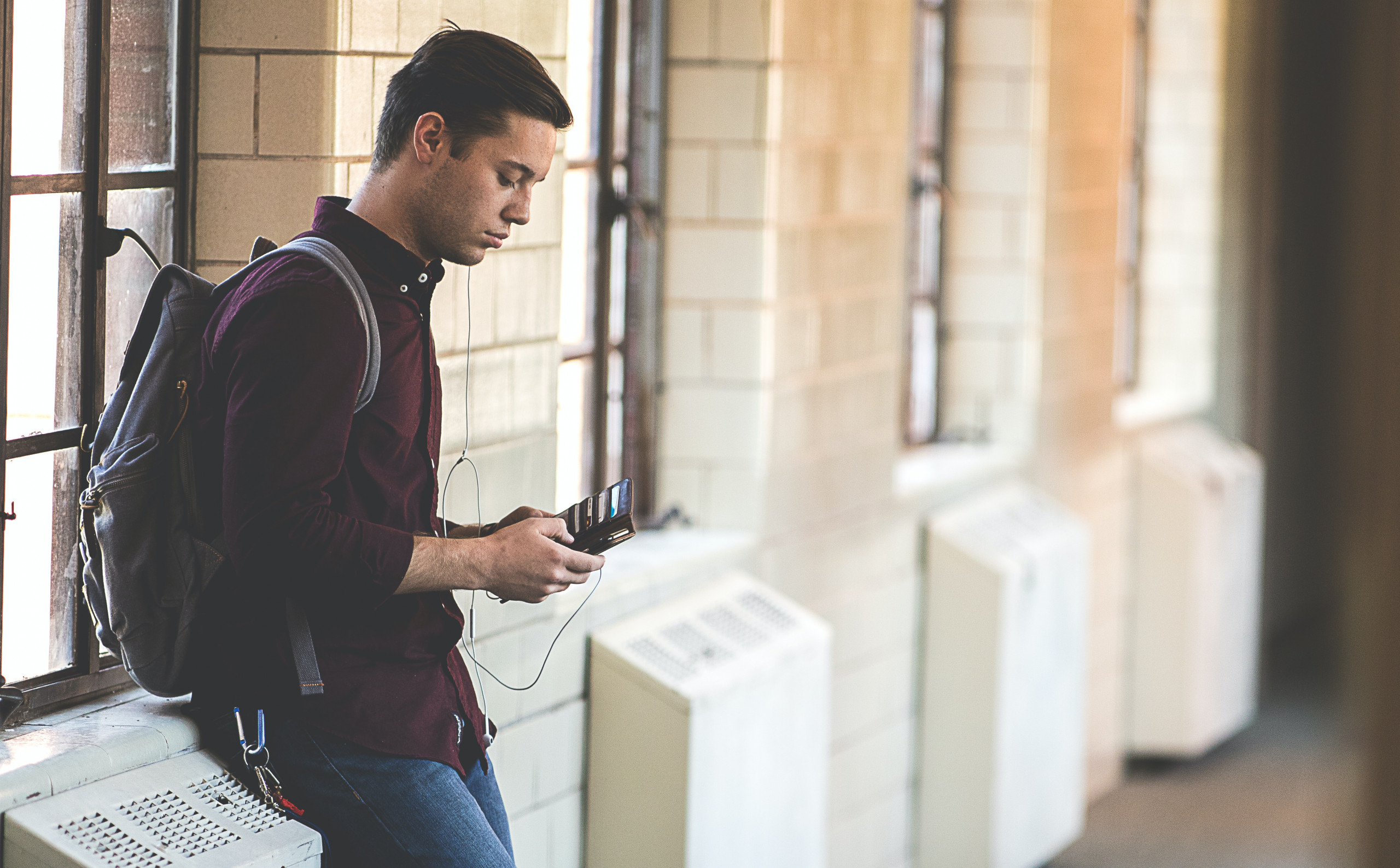The Dangers of MyFitnessPal: When Calorie Counting Takes Control
Like many others I first began counting calories as way to help and manage weight loss. I had a holiday coming up and just wanted to feel a little more confident. It was not until I started to see the numbers go down on the scale did the calorie counting become a real issue.
The rush of seeing a smaller number each time I stepped on the scales, I had not felt anything like it before. It motivated me to “restrict better” trying to see how few calories I could consume in a day get that same rush I experienced the first time I saw the scales drop.
I did not feel as though I had problem with calorie counting. I am losing weight, my BMI was in a healthy range, what was the harm? It was not until I noticed about the days where I had social evening plans where I was restricting food quite significantly so I was able to consume alcohol and still be “safe” for the day. A memory of me being at the bar and putting another whiskey diet coke into the app to see if I was “allowed” it still stands out to me as my first indication I might have taken this too far.
Fortunately, I was able to recognise this before it got out of hand and stop calorie counting before it took control. It is important to know the dangerous of calorie counting and apps such as My Fitness Pal:
It puts you at an increased risk for:
- developing an eating disorder
- maintaining it if you already have one
In fact, My Fitness Pal was recognised as a significant risk factor for eating disorders and also their maintenance (Pennesi & Wade, 2016)
It inspires unhealthy thinking patterns:
Using My Fitness Pal encourages the development of perfectionistic, dichotomous, and obsessive thinking about numbers relating to weight, calories, shape, and macronutrients. (Levinson, Fewell & Brosof, 2017)
It encourages unhealthy eating and exercising behaviours.
Users of My Fitness Pal were found to be restricting themselves more compared to non-users. Users also engaged in more compulsive exercising to control their weight compared to non-users (Plateau, Bone, Lanning & Meyer, 2018). Another study of eating disorders in men found that my fitness pal users exhibited more ED symptoms, restricted themselves more, were concerned about their weight and diet (Linardon & Messer, 2019)
The use of these apps pushes you into being more and more concerned with what you are eating:
Weighing oneself frequently and counting calories predicted someone’s eating disorder severity (Romano, Becker, Colgary & Magnuson, 2018).
A study consisting of large sample size (n=493) found that individuals who tracked their calories were more concerned with what they were eating, and ate in a more restive manner (Simpson & Mazzeo, 2017)
If you’re worried about your relationship with food and/or exercise and there are lots of resources available on our website around body image and self care. Whilst eating disorders are unlikely to be directly caused by an app, developers should do more to moderate content and usage. If you’re worried, reduce your usage and delete the app if you can and reach out for support.

Contributed by Logan Strouther,
Specialist Support Office at First Steps ED


